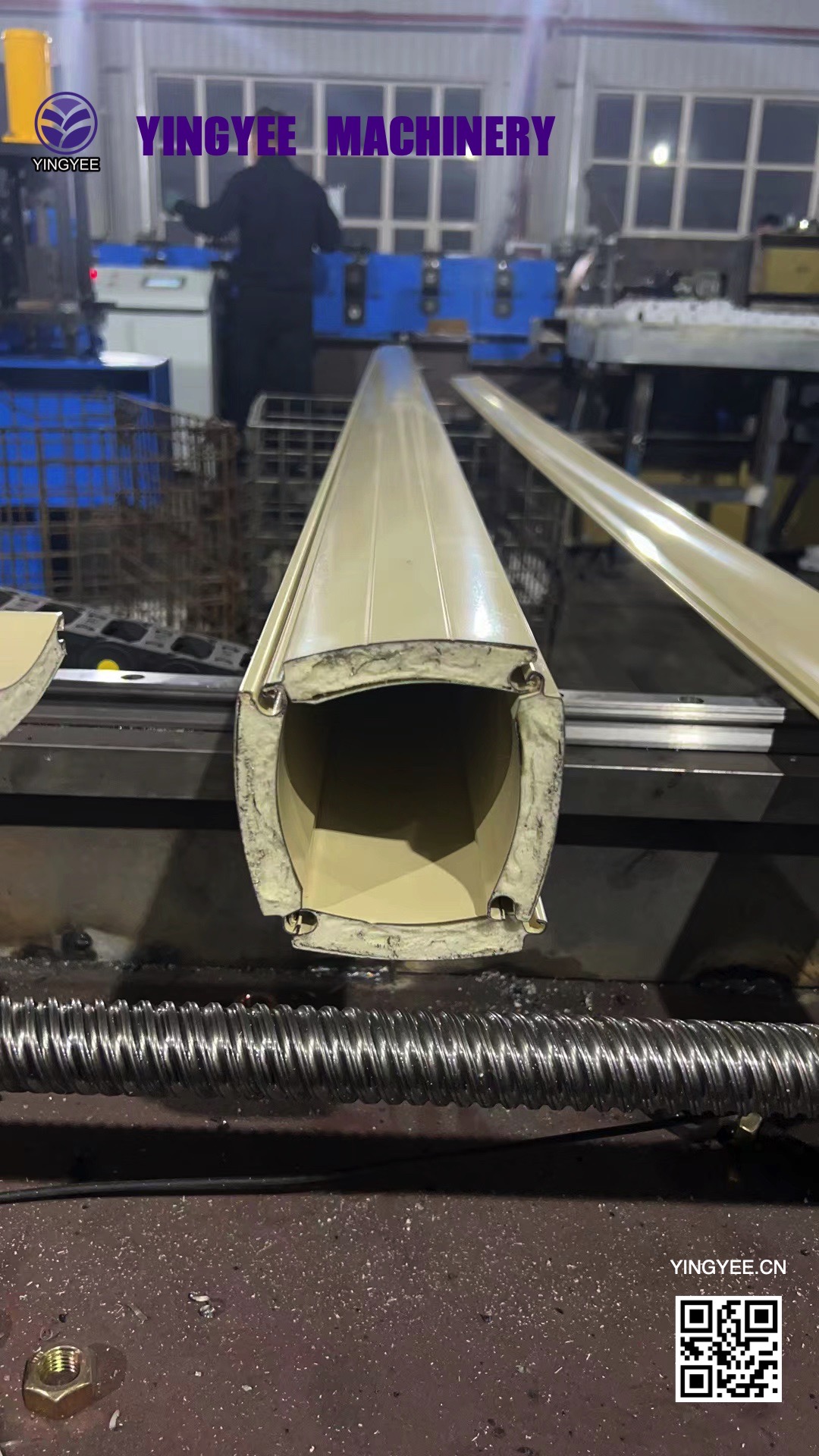
Understanding Hydraulic Thread Rolling Machines An Overview
In the realm of manufacturing and machining, the precision and efficiency of creating threaded components are essential for ensuring quality and performance in various applications. Among the key technologies that facilitate this process are hydraulic thread rolling machines. These machines have become a cornerstone in the production of threaded fasteners, providing a range of advantages over traditional methods.
What is a Hydraulic Thread Rolling Machine?
A hydraulic thread rolling machine is a specialized piece of equipment designed to create threads on cylindrical workpieces through a process known as thread rolling. Instead of cutting away material as seen in traditional machining processes, thread rolling involves deforming the material to create threads. The hydraulic system provides the necessary force to achieve high pressure during the rolling process, ensuring precision and efficiency.
The Working Principle
The operational principle of hydraulic thread rolling machines is straightforward yet effective. The workpiece, typically made of metal, is placed between two dies that are shaped to form the desired thread profile. As the hydraulic system activates, it applies significant pressure to the dies, pressing them against the workpiece. This force causes the material to flow and take the shape of the dies, thus forming threads.
One of the key benefits of this method is that it refines the surface of the material. The thread rolling process enhances the tensile strength of the threads, making them more robust compared to those produced via cutting methods. This strength is crucial in applications requiring high durability, such as in automotive, aerospace, and construction industries.
Advantages of Hydraulic Thread Rolling Machines
2. Enhanced Strength The cold working nature of thread rolling increases the hardness and strength of the material, resulting in threads that can withstand higher loads.

3. Better Surface Finish The process results in smoother surface finishes, reducing the need for further machining and preparation, which streamlines the production process.
4. High Production Rates Hydraulic thread rolling machines can operate at high speeds, enabling manufacturers to produce large volumes of threaded fasteners in a shorter timeframe.
5. Versatility These machines can accommodate a variety of thread sizes and profiles, making them suitable for producing different fasteners ranging from small screws to larger bolts.
Applications
Hydraulic thread rolling machines are employed across various industries due to the reliability and efficiency they offer. Automotive companies utilize them for producing bolts, screws, and studs that are essential for assembling vehicles. In the aerospace sector, these machines are critical for manufacturing fasteners that meet stringent safety and performance standards. Furthermore, construction companies rely on thread-rolled fasteners for structural integrity in building projects.
Maintenance and Operation Considerations
To maintain the optimal performance of hydraulic thread rolling machines, regular maintenance is crucial. This includes monitoring hydraulic fluid levels, checking for leaks, ensuring that dies are correctly aligned and free from wear, and lubricating moving parts. Additionally, operators should be well-trained in the machine's functionality to avoid operational errors and ensure the consistent quality of the products being produced.
Conclusion
In summary, hydraulic thread rolling machines are an indispensable asset in modern manufacturing. Their ability to produce high-strength, precise threaded fasteners efficiently makes them a preferred choice in various industries. As technology continues to advance, the methods and machines used for thread rolling are expected to evolve further, enhancing production capabilities and meeting the growing demands of the market. Understanding the intricacies of these machines not only highlights their importance but also sets the stage for innovations that could redefine the future of fastener manufacturing.